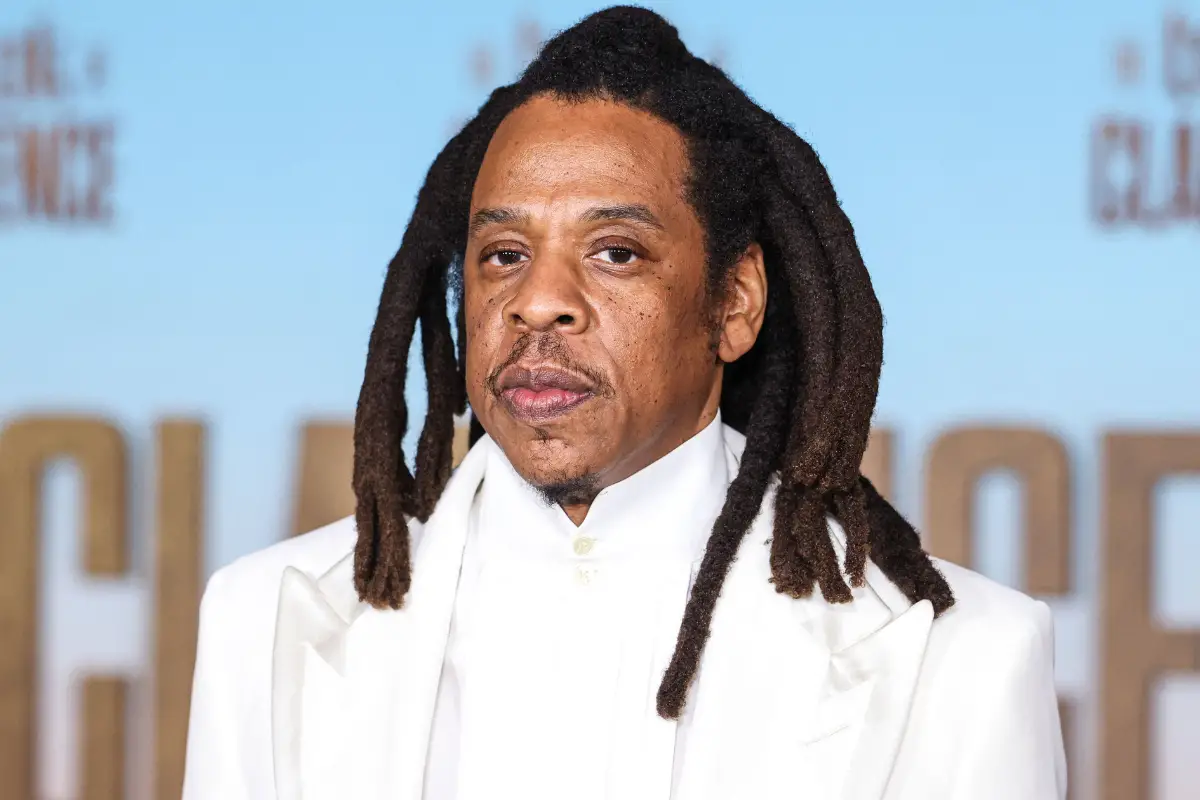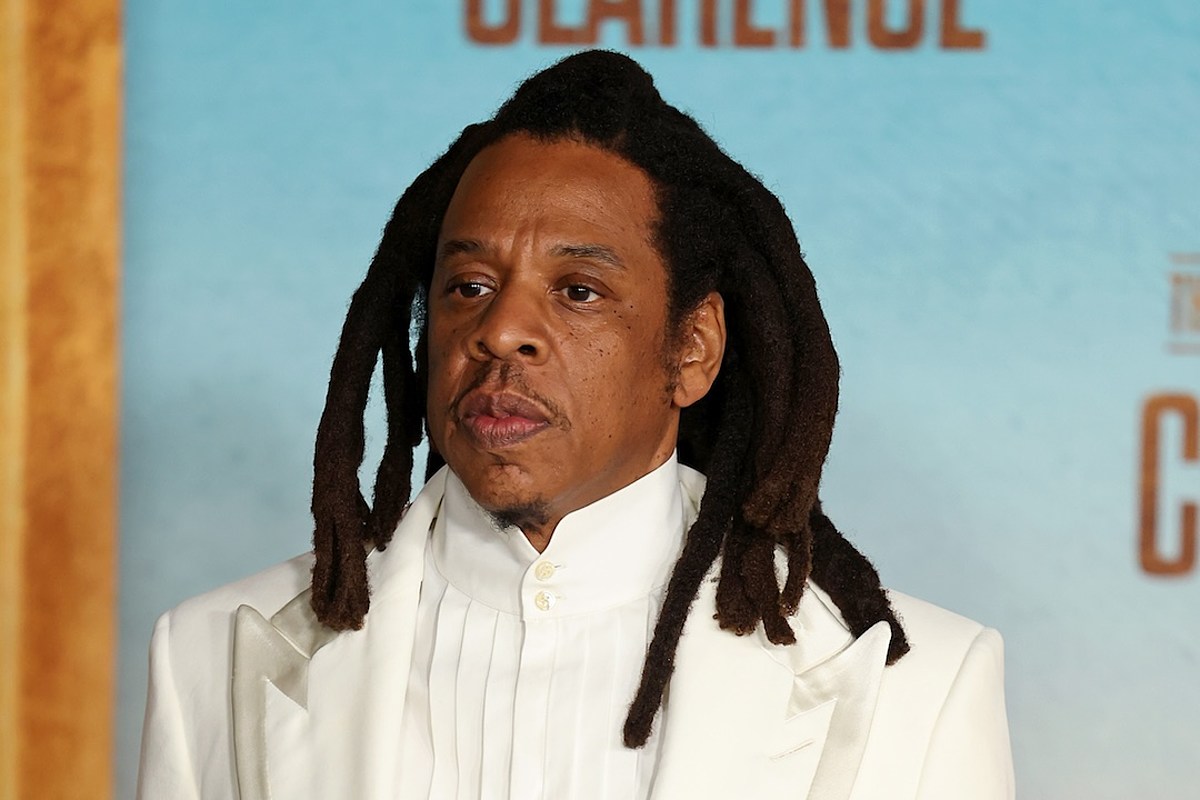Rumors & Lawsuits: Inside [Jay-Z & Beyonc] Drama
Is it the price of fame, or something more insidious, that constantly casts a shadow of speculation over those in the public eye? The relentless scrutiny, fueled by social media and a 24/7 news cycle, often transforms personal lives into a public spectacle, where truth becomes a casualty.
The entertainment industry, in particular, seems to breed an ecosystem where rumors flourish. The insatiable appetite of the public, coupled with the inherent drama of high-profile relationships, provides fertile ground for conjecture. A split, a new acquaintance, a cryptic lyric all are potential triggers for a wildfire of speculation. Consider the situation, where whispers of infidelity, fueled by conjecture, swirl around a separation. These narratives, often unsubstantiated, can have a devastating impact, not only on the individuals involved but also on their families and professional lives. The ease with which such rumors can spread, amplified by the echo chambers of social media, presents a significant challenge to maintaining privacy and reputation.
Let's delve deeper into the world where such speculations take root. Consider the dynamics at play. We see instances where a simple professional interaction can morph into a narrative of romantic involvement, where the casual nature of public life is misinterpreted and inflated, often devoid of any factual basis. The pressure to maintain a public image, the demands of the spotlight, and the ever-present risk of leaks and misrepresentation all contribute to the complexities of navigating relationships within the public sphere. The lines between personal and professional blur, making it exceedingly difficult to manage one's privacy.
This complex interplay of fame, relationships, and public perception raises crucial questions about the responsibility of the media, the role of social media platforms, and the rights of individuals to privacy and reputation. It's a landscape where truth is often obscured by the clamor of sensationalism, where the pursuit of clicks and views can outweigh the impact on the individuals at the heart of the story.
The genesis of rumors can often be traced back to seemingly innocuous events, perhaps a chance encounter captured by a paparazzi, a subtle shift in public behavior, or a cryptic post on social media. These fragments, pieced together by a public eager for gossip, quickly coalesce into a narrative, regardless of its accuracy. The speed at which such rumors spread is alarming. Moreover, the lack of accountability in the digital age makes it challenging to control the narrative and defend oneself against false accusations. The potential for these rumors to tarnish reputations, damage careers, and inflict deep emotional pain is undeniable. This digital wildfire can be nearly impossible to extinguish, the damage often done before any corrective measures can be implemented.
The rise of the internet and social media has further complicated this landscape. Where once the dissemination of information was controlled by established media outlets, today, anyone with an internet connection can become a publisher. This democratization of information has, in some ways, empowered individuals to share their stories and opinions. However, it has also created an environment where misinformation and speculation can proliferate unchecked. The speed at which rumors can spread, amplified by algorithms that prioritize engagement over accuracy, has created a perfect storm for the spread of false narratives.
Amidst this maelstrom of speculation and scrutiny, legal battles are often launched. One figure in the public eye, who has launched a defamation suit in March 2025 against an individual and their legal representatives, including a prominent attorney, is a testament to the real-world consequences of unsubstantiated rumors. This underscores the high stakes involved and the lengths that individuals will go to protect their reputations and defend their integrity. The legal system, however, is often slow and cumbersome, making it challenging to effectively combat the speed and reach of digital rumors. The financial and emotional toll of such legal battles can be significant, adding another layer of complexity to an already difficult situation.
The constant barrage of speculation takes a toll on those involved. Their mental well-being suffers. Privacy erodes. Building relationships and maintaining personal lives becomes more difficult. It forces them to be constantly vigilant, wary of every interaction, every public appearance, and every social media post. It's a pressure that few can fully comprehend, yet it's a reality for countless individuals in the public eye.
Even within the entertainment industry, the relationships between individuals can be complex and multifaceted. In some circles, there's a sense of collaboration, where individuals support each other's success. This is reflected in the fact that, "In a lot of ways, this makes plenty of sense, as all three are successful individually and they've all had a hand in one another's success throughout the years." However, even in such close-knit environments, external forces and internal dynamics can still breed the conditions for speculation. Public perception, fueled by media narratives and social media commentary, can warp these relationships, turning them into the subject of endless rumors.
Consider the incident that occurred on December 14, 2019, in Los Angeles, California. This, like many public events, was soon analyzed and debated across social media. The details may be simple, yet it can ignite speculation, further solidifying the cycle of rumor. As a result, even the most innocuous occurrences can become fodder for speculation, especially if it involves popular figures.
It is interesting that certain YouTube videos, for example, display no disclaimers about gossip or rumors in their descriptions. The lack of these basic clarifications demonstrates the potential for spreading misinformation through digital content. This lack of transparency and adherence to journalistic standards further complicates the landscape. It demonstrates the urgency in which the online world must implement responsible practices to curtail the spread of misinformation.
When confronted with such accusations, those targeted often respond directly. For example, "Addressing [a specific person] directly, [the individual] said: '[the] allegations are so heinous in nature that I implore you to file a criminal complaint, not a [civil case].'" This highlights the intensity of the situation and the need to assert their innocence. The language used reflects the emotional toll these accusations can take, underlining the legal and emotional challenges. Moreover, the demand for criminal action suggests the seriousness of the accusations and the intent to clear their name.
In the world of music, the power of lyrics to convey complex emotions and narratives is unparalleled. However, this power can also be a source of speculation. Beyonce's hit record Lemonade is a prime example of an album that famously sparked rumors. The public interprets lyrics and tries to find real-life connections. This interpretation drives a cycle of media coverage, public commentary, and online engagement. The artistic license afforded to musicians can be exploited to suggest personal narratives, adding to the drama and intrigue surrounding their personal lives.
In such cases, the individuals involved frequently deny the allegations. As seen with Rita, who denied speculation at the time, and has continued to shut the rumors down over the years, is an attempt to assert control over the narrative and dispel the unsubstantiated claims. Yet, such denials don't always work, as the rumors linger, fueled by continued public curiosity and the medias appetite for drama. The cycle continues, and the need for more assertive responses is a constant requirement.
It is crucial to understand the context in which these rumors emerge. The entertainment industry thrives on drama and public fascination, but this often comes at the cost of privacy and accuracy. The relentless pressure to be relevant, the scrutiny of every action, and the constant threat of misrepresentation make navigating the public sphere incredibly challenging. Understanding the dynamics at play is the first step towards more responsible reporting, more ethical social media practices, and, most importantly, more respect for the individuals caught in the crossfire.
- Dexters Mom Unveiling Secrets Insights Google Discover
- Shaq Facts What You Need To Know About Shaquille Oneal

All We Know About Jay Z's 2024 Album Rumors Cream Music Magazine

Jay Z's New Album Rumors Start After Video Shoot Photo Emerges XXL

Not Again! Beyonce Sparks New Jay Z Split Rumors With Bitter New Cheating Song — ‘Tired Of The Lies’